The value of the second -hand idle trading industry is not "free"
Author:Everyone is a product manager Time:2022.06.13
Edit Introduction: Recently, the second -hand trading platform seems to have bid farewell to the free era, such as turning, it is announced that no full subsidies will be made. And this incident has also made many people start paying attention to the development differences of second -hand trading platforms at home and abroad: Why is foreign second -hand transaction charges very common, but most domestic choices are free? The author of this article interprets this incident, let's take a look.
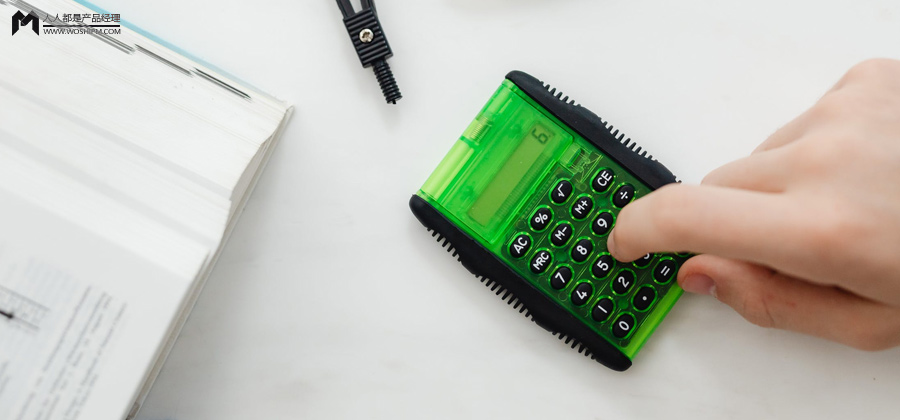
The paid payment channel fee for second -hand transactions has attracted the attention of all parties in the near future. At present, the rotation of no longer free window paper has also been responded:
"Since WeChat/Alipay needs to charge 6th of thousands of percent of the payment channel fee, starting from May 30, the platform C2C transaction will successfully pay the seller's payment channel fee will be deducted from the platform and paid to WeChat to WeChat on WeChat Or Alipay; at the expense amount, the payment channel fee is capped at 30 yuan. If there is an excess situation platform, it will also provide subsidies to the excess part. "
Judging from the response, there are two points:
First, the payment channel fee 台 platform transaction charges, this is the money paid to the payment company. From the content of the CEO of the transfer group, Huang Wei can understand the interview. Since its establishment, the transfer has been subsidized nearly two billion. Now decided not to make full subsidies.
Secondly, the number of 30 yuan on cap is determined in accordance with the standard of 5,000 yuan, the purpose is to allow more people to trade idle items more frequently.
Second -hand transactions bid farewell to the free era, which has caused many arguments. But from a longer -term development, this is also an inflection point and opportunity for the platform economy to enter a virtuous cycle.
First, second -hand transactions at home and abroad comparison: Why are foreign charges, "free" in China?
From the perspective of the development of the second -hand trading market at home and abroad, in China, the domestic mainstream C2C second -hand trading platform, including leisure fish and transfer, has been promoted to the market size through free and subsidy strategies. Second -hand transactions are already a very common business model.
From a foreign point of view, Japan's Mercari and the largest second -hand trading platform in the United States Poshmark, Tradesy, etc., their fees range from 10%to 20%.
For second -hand transactions abroad, if it is only for intermediate matching, C2C transactions similar to leisure fish and "free markets" are usually closed at 10%. For example, Mercai, Japan, is to collect 10%commission of sellers.
However, there are different platforms. For example, the Poshmark platform has two charging structures. If the price of a product is less than $ 15, Poshmark seller will be charged a fixed sales fee of $ 2.95. Second, if the product sells for more than $ 15, Poshmark seller will be charged 20%of commissions.
In addition, if in addition to the matching, intermediate services are also higher, and the commission will often be higher. For example, similar to intermediary services such as Quality Inspection in the C2B2C mode, foreign second-hand platforms can generally receive about 20%-30%. For example, the realReal can receive about 34%.
The differences in the domestic and foreign second -hand trading markets are essentially not too much difference in domestic and foreign platform models, and more from the domestic and foreign market environment.
In foreign countries, many C2C second -hand platforms exist in many countries, which originated from a relatively open, open and fair market competitive environment. Based on this, multi -platform compete with each other to create a more valuable service model. In terms of transaction efficiency and security, it has achieved a good level and trust value, and has been recognized by consumers. As a result, many platforms have been able to develop benign.
In the country, the fierce competition in the market is far more than foreign countries. In order to seize the market, the domestic second -hand market has long formed a deformed competitive model.
In the Internet of China, free to free things to be valuable is a way to fight a deadly method, including the first players such as leisure fish to pursue free strategies, which attracts most consumers, and also makes consumers pay for charges. More sensitive.
This is also the reason why second -hand platforms such as turning and turning have to be paid free of charge through subsidy strategies at the beginning.
Second, free one is the most expensive, and it also brings market fairness issues in the market
Free is the most expensive problem. Free subsidies for second -hand platforms have a problem of market fairness.
A few days ago, Huang Wei, CEO CEO, said in an interview with the media: "Why don't the amount of idle fish in the industry rather be charged? It is very important because the idle fish is considered a company that is not a purely independent company in the industry. Leisure. In the Ali system, the fish can get traffic and users from Taobao, and the payment channel can also get Alipay support. "
In the opinion of Huang Wei, Huang Wei, "attract the user" free "in, but if the platform does not serve, the ecology may be chaotic, and when you trade Good cycle.
It can be seen from the analysis of the current competition in the industry. The second -hand market payment channel fee is free. "Free" to obtain more traffic and competitive advantages, but due to the market advantage in the field of payment, it has indeed brought market fairness to some extent.
This free subsidy -driven competition model is common in China.
For example, the competition of bicycles, Mobike, and ofo in the past two major heads, and ofo crazy financing, starting various free subsidy battles such as "free weekends", dragging all players into the quagmire of the price war. Didi used to rely on free capital subsidies to a family, and the pricing rose and began to harvest. From the perspective of the second -hand trading platform, according to the transfer CEO Huang Wei, "If the transformation of the C2B2C model in 2019 is not successful, the company will have died long ago. We have the ingredients of luck. There are enough companies that are suppressed and dead. "
From the perspective of the development model of the second -hand platform, building a complete industrial service system, the platform must invest high operating costs, labor costs, R & D expenses, etc. In the long run, continuous subsidies are neither realistic nor fair. To reduce the cost of payment channels for the platform, it is essentially that the commercial company needs to make profitability to make it better to serve users on the basis of creating value increase.
As early as 2021, the state was accelerating the construction of a circular economy system. The characteristics of carbon reduction of second -hand trading platforms catered to the development trend of the circular economy and created circulation value for consumers' idle items. The cost of the platform in the process of value creation is based on this service fee that conforms to business logic.
Different from leisure fish, it is more played with the role of the Ali e -commerce drainage. Other independent second -hand platforms must create a closed -loop commercial and negative profit and loss.

From the perspective of the upstream and downstream development of the platform economy industry chain, all links need to achieve a closed loop of business through the growth of gains. The benefit is that it is difficult for those platforms that are giants and capitals, a single platform -due to the lack of industry competition, whether it is the quality and quality of goods, or the level of service, it is difficult to get better improvement.
Therefore, from this perspective, it is the most expensive for the industry or the user, and it is not conducive to the diversified and benign development of the circular economy market. From free to charges, it is precisely the embodiment of the second -hand industry breaking the low -level competition model and entering the mature and benign competition track.
The value of second -hand transactions is not "free"
From the perspective of the future trend, China's second -hand economy is still in the stage of high -speed development, and there is still huge incremental space. According to the estimation of the Internet agency, the number of second -hand e -commerce users in 2021 was 223 million, an increase of 22.52%year -on -year. In the future, more and more categories will move towards the second -hand market, and the value of service and trust will become more and more important.
From the perspective of service and trust value, the charging model of foreign second -hand platforms is more in line with the essence of the value of the second -hand economy -it allows more C2C platforms to participate in benign competition, competition platform model, service and personalized quality products.
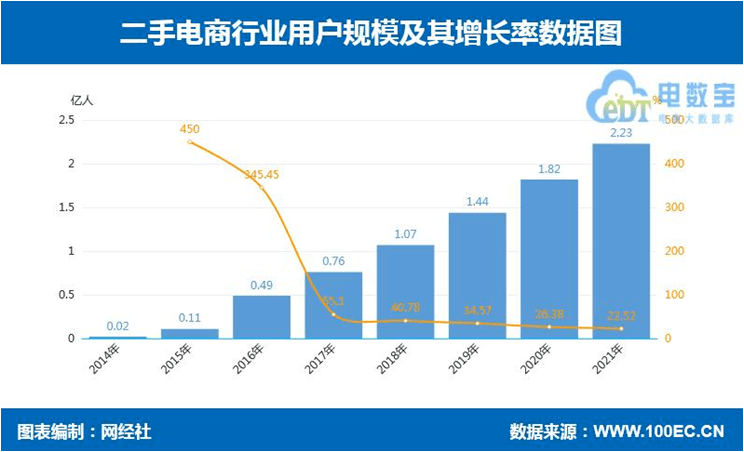
In the Japanese market, Mercari's revenue increased by 60 % year -on -year in the second year of listing. In the United States, there are nearly ten second -hand e -commerce platforms. The US Poshmark and Thredup have risen after listing. Competition between the second -hand platforms of the United States is focused on the reliability of platform inspection and pricing process, high -quality products that meet consumer expectations, high -quality after -sales service, and supply chain processes. A better service environment for profitability.
For example, through the optimization of the supply chain link, Thredup integrates the processes of on -site, disinfection, classification, distribution and other processes, and optimizes various functional centers through the C2B2C model to expand the profit space. The total revenue of the first quarter of this year increased by nearly 50%.
The Everbright Securities Research Report shows that although the domestic second -hand e -commerce industry is in a high -speed development period, information is asymmetric, it is difficult to establish a reliable consumer scenario, after -sales service and other pain points (based on the Everbright Securities Research Institute).
Want to worry about selling idle or more assured second -hand products. The core demands of consumers and the evolution of the platform are to enhance service value, platform transaction transparency, trust, and improve after -sales service mechanism.
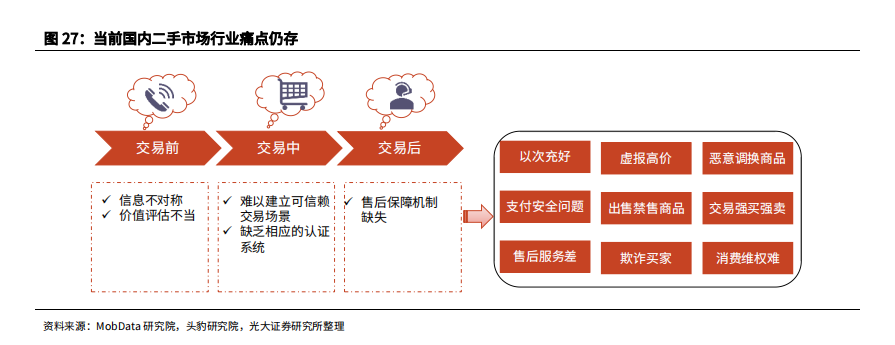
For example, from the perspective of turning, it has long been constructed at the quality inspection level of the service service. In 2016, it launched the C2B2C service service on the C2C model, and continued to increase the self -construction of the quality inspection system.
Under the years of deep cultivation, differentiated services and quality inspection capabilities such as warranty and after -sales have become the moat of the platform. This is a side shadow constructed by the domestic second -hand trading platform for development.
Compared with more than 10%of service fees abroad, due to the larger market size of China, even if domestic platforms are 50%off on the basis of 10%, they can achieve profit and loss balance. On the basis of profitability, the platform can provide better services, driving the entire second -hand transaction to develop in a benign direction.
"Today's second -hand trading market in China is not a free model. What is lacking is that more startup companies and more practitioners join in. Everyone should have provided consumers with different levels of services and can be able to collect services by collecting services by collecting services. Getting for further development, and increasing investment in service is a state of virtuous cycle. "In the eyes of the CEO CEO CEO:" Blindly attracting traffic without allowing this industry to develop healthily and orderly stand up."
On a second -hand platform, this free -to -laws have pushed industry players in a vicious competition quagmire that competes giant resources and capital, exacerbating non -fair competition in the market.
The commission fee rate on Douyin, changing the payment channel fee from free subsidies to buckle is actually a change in the Internet wind direction. From the perspective of the second -hand platform, if the charging is promoted to become a consensus, more industry players may join the market. The competition in the industry will focus on the construction of a good goods supply chain and the construction of a good service system, rather than subsidizing to create "free" to create "free" brought by subsidies. The "low -priced dumping" quagmire, the latter will lead to the difficult profit of the platform, and the service and quality inspection system cannot be guaranteed.
Therefore, the healthy development of China's second -hand trading industry can win a win -win situation through reasonable payment services. From the macroeconomic level, consumers can enjoy different levels of services. Vibrate the economy, solve employment, etc.
From the perspective of the sustainable development of the platform economy, breaking the non -fair competitive environment, the essence also promotes the healthy development of the market, ensures the long -term interests of users, and paid services are also in line with the development trend of the mainstream market advocated by the country.
Especially with the development of the circular economy, the state has introduced various policies in the field of circular economy to prevent the market's disorderly expansion and let the rules of the game return to a fair and open environment. More and more companies can innovate through technology and model innovation through technology and models. In order to provide consumers with various levels of services, meet more diversified needs, and give full play to the value and role of the platform economy through fair and orderly competition.
From this sense, the value of second -hand transactions and the healthy development of the market are not "free"; the establishment of a balance between major platforms to explore commercialization and user services, which also means that the platform economy in the second -hand transaction field is entering a new inflection point time.
#Columnist#
Wang Xinxi, WeChat public account: Redianweiping, everyone is a product manager columnist, Internet practitioners, Baidu Baijia, Iri.com columnist, Tiger Sniff Network, Titanium Media Certified Author In essence, TMT senior commentator.
This article was originally published in everyone's product manager. Reprinting is prohibited without permission.
The question map is from UNSPLASH, based on the CC0 protocol.
- END -
Pack!Easy and water drops joint statement: jointly crack down on the posing platform to collect the "promotion fee" behavior
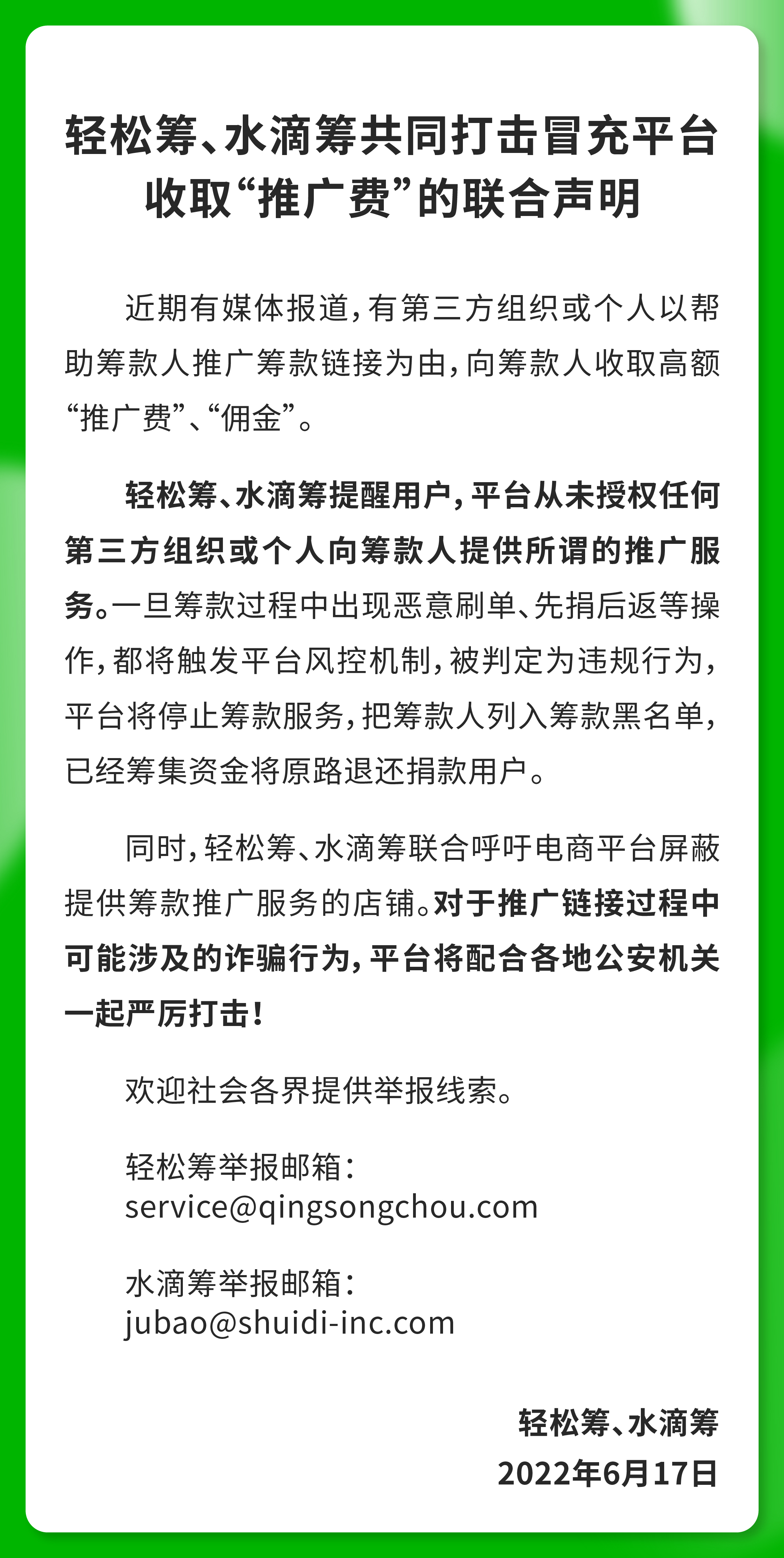
On June 17, a joint statement was issued easily and water droplets to jointly crac...
Kang Xuan entered the venue, and Yushan Wushan preferred to work with the media to create a mall to help farmers and benefit the people
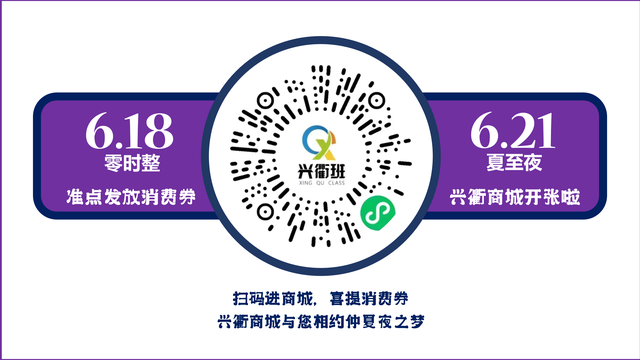
The well -off preferred platform of the Central Media Well -off magazine and the K...